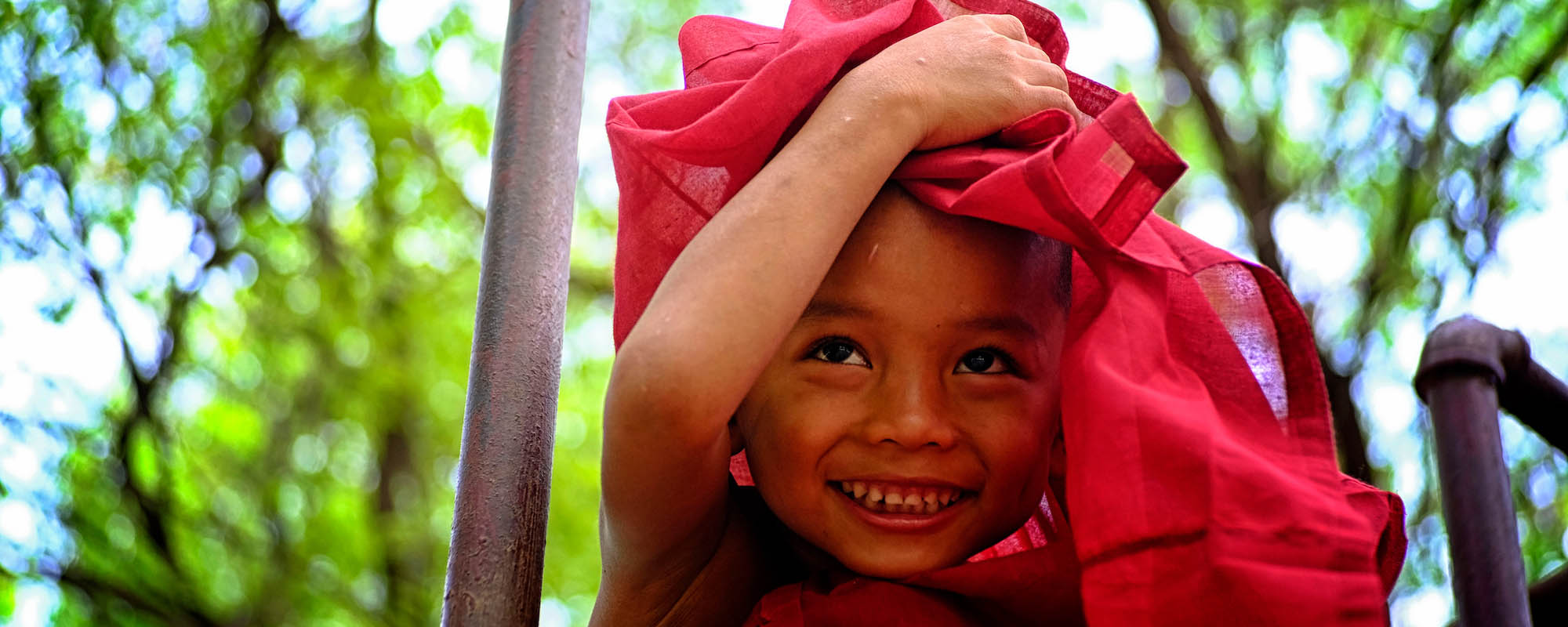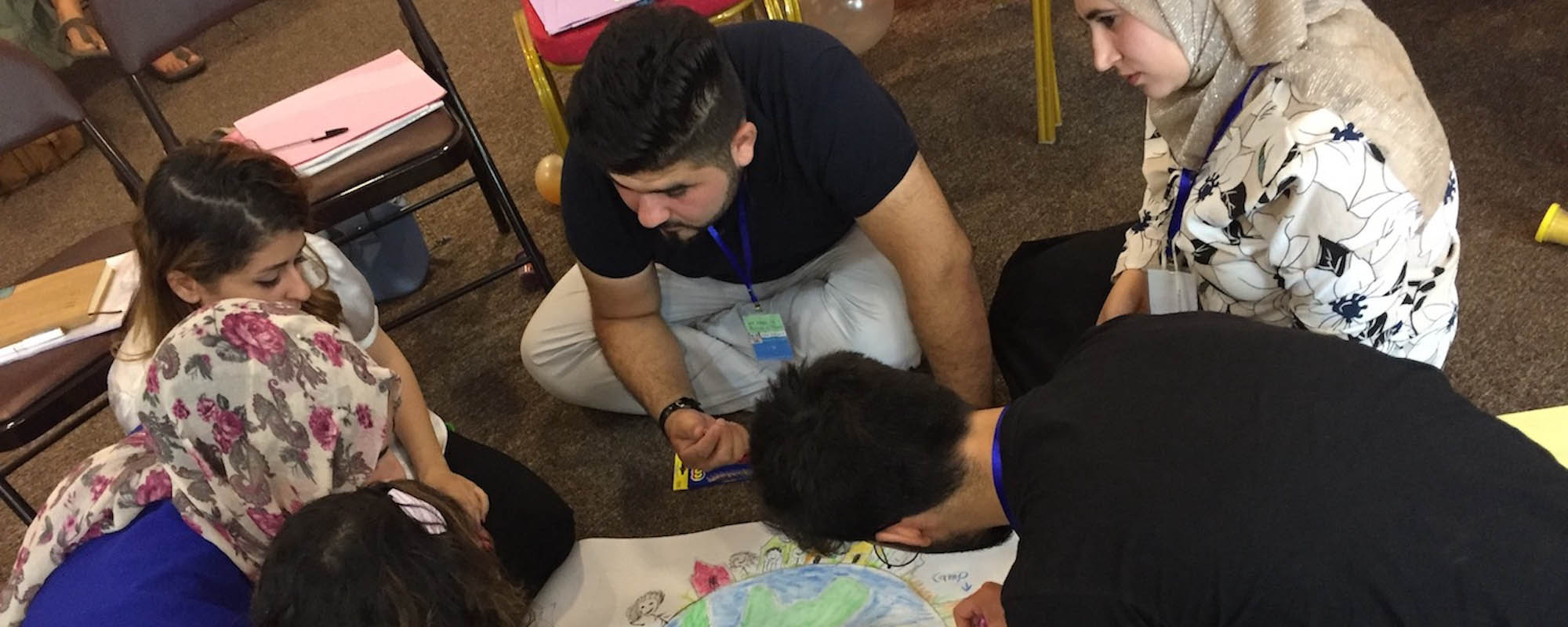In this article, the author critically examines Peru’s Law to Protect Minors from Situations of Begging. I consider the way in which a language of children’s rights is ironically invoked to justify the physical removal and criminalization of children working in public spaces by appeals to very specific understandings of childhood, parenting, and space. Despite the law’s formal emphasis on protection, I suggest it is more concerned with social control and containment than children’s actual well-being. As such, it fails to reflect the basic principles of the Convention on the Rights of the Child to which Peru has committed. However, because the crc is subject to multiple interpretations, it also serves as a potential resource to counter repressive legislation such as the Begging Bill. The article is based on 14 months of field work in Peru and over 100 interviews with policy makers, government officials, educators, and street children themselves, among others.






